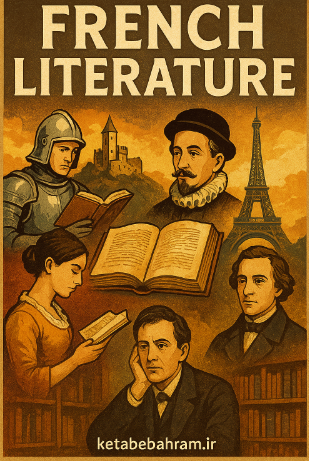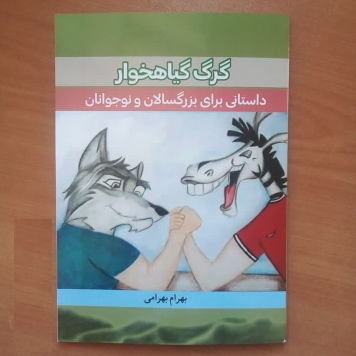French Literature: A Journey Through the History of Culture, Art, and Words
French literature is one of the most important and influential literary traditions in the world—a branch of art that has not only shaped the French language and culture but also left a profound impact on the history of Europe and beyond. From medieval poetry to Enlightenment philosophy, from romantic novels to modern literature, French literature has always been associated with innovation, beauty, and deep thought.

History of French Literature
1. Medieval Literature
French literature began in the Middle Ages, shaped by myths, epics, and oral culture. Chivalric romances, such as tales of the Knights of the Round Table, and courtly love poetry laid the foundations of French storytelling.
Key features of this period include Old French as the literary language and the romantic and epic style of poetry.
2. The Renaissance
The French Renaissance (15th–16th centuries) was a period when French literature reached its peak. Writers and poets were influenced by humanist ideas and classical European culture.
François Rabelais, with his famous work Gargantua, offered examples of humor and social critique.
Renaissance poets like Pierre de Ronsard and Jacques Delaire developed new styles of love and lyrical poetry.
3. The 17th Century: The Classical Era
The 17th century marked the flourishing of the classical style in French literature, emphasizing balance, order, and strict artistic rules.
Molière: Master of comedy and social critique with famous plays like The Imaginary Invalid and Tartuffe.
Jean Racine: Great tragedian known for passionate, dramatic works such as Phèdre and Bérénice.
Pierre Corneille: Brought the language to its height of order and beauty with his classical plays.
4. The 18th Century: The Enlightenment
In the 18th century, French literature intertwined with Enlightenment philosophy. Writers and philosophers promoted rationalism, social critique, and individual freedom through their works.
Voltaire: Combined humor and social critique in Candide and his philosophical essays.
Jean-Jacques Rousseau: Influenced philosophy and literature profoundly with works like Emile and The Social Contract.
18th-century novels often focused on analyzing society and morality.
5. The 19th Century: Romanticism and the Novel
The 19th century was the era of the novel and Romanticism in French literature. Writers emphasized emotion, nature, and human experience.
Victor Hugo: Author of novels such as Les Misérables and The Hunchback of Notre-Dame, highlighting social justice and humanity.
Anatole France and Gustave Flaubert: Created socially and psychologically realistic novels with precision.
Charles Baudelaire: A great symbolist poet, portraying beauty and human darkness in Les Fleurs du mal.
6. The 20th Century: Modern and Postmodern Literature
The 20th century was a period of innovation and boundary-breaking in French literature. Writers explored new styles, complex narratives, and psychological analysis, turning literature into a philosophical and artistic experience.
Marcel Proust: Introduced narrative and temporal innovations in In Search of Lost Time.
Albert Camus and Jean-Paul Sartre: Explored existentialist philosophy in novels and plays.
Simone de Beauvoir: Combined literature with social and gender issues through feminist works.
Characteristics of French Literature
Language and Aesthetics:
French literature is renowned for its precise use of words, musicality, and writing rhythm. Both poetry and prose are intertwined with linguistic beauty and harmony.
Genre Diversity:
From tragedy and comedy to novels and modern poetry, French literature encompasses all genres.
Influence of Philosophy and Thought:
Many French literary works are linked to philosophy, ethics, and social critique, going beyond storytelling to provoke deep reflection.
Narrative Power and Characterization:
French writers are masters at creating complex, believable, and influential characters.
The Influence of French Literature Worldwide
French literature has had a global impact, not just in Europe:
Novels and Romanticism: Inspired English and American literature.
Theater and Drama: French classical and modern plays are performed worldwide.
Philosophy and Social Critique: Ideas of Voltaire, Rousseau, and Sartre influenced global philosophy and politics.
Conclusion
With its genre diversity, linguistic richness, and philosophical depth, French literature is a cultural treasure of the world. From medieval poetry to modern novels, it reminds us that words are not only vehicles for emotions and stories but also tools for thought, critique, and societal change.
For those seeking beauty and intellectual engagement, studying French literature opens a window to the world of art, culture, and humanity—a world that has inspired writers and readers across centuries.

